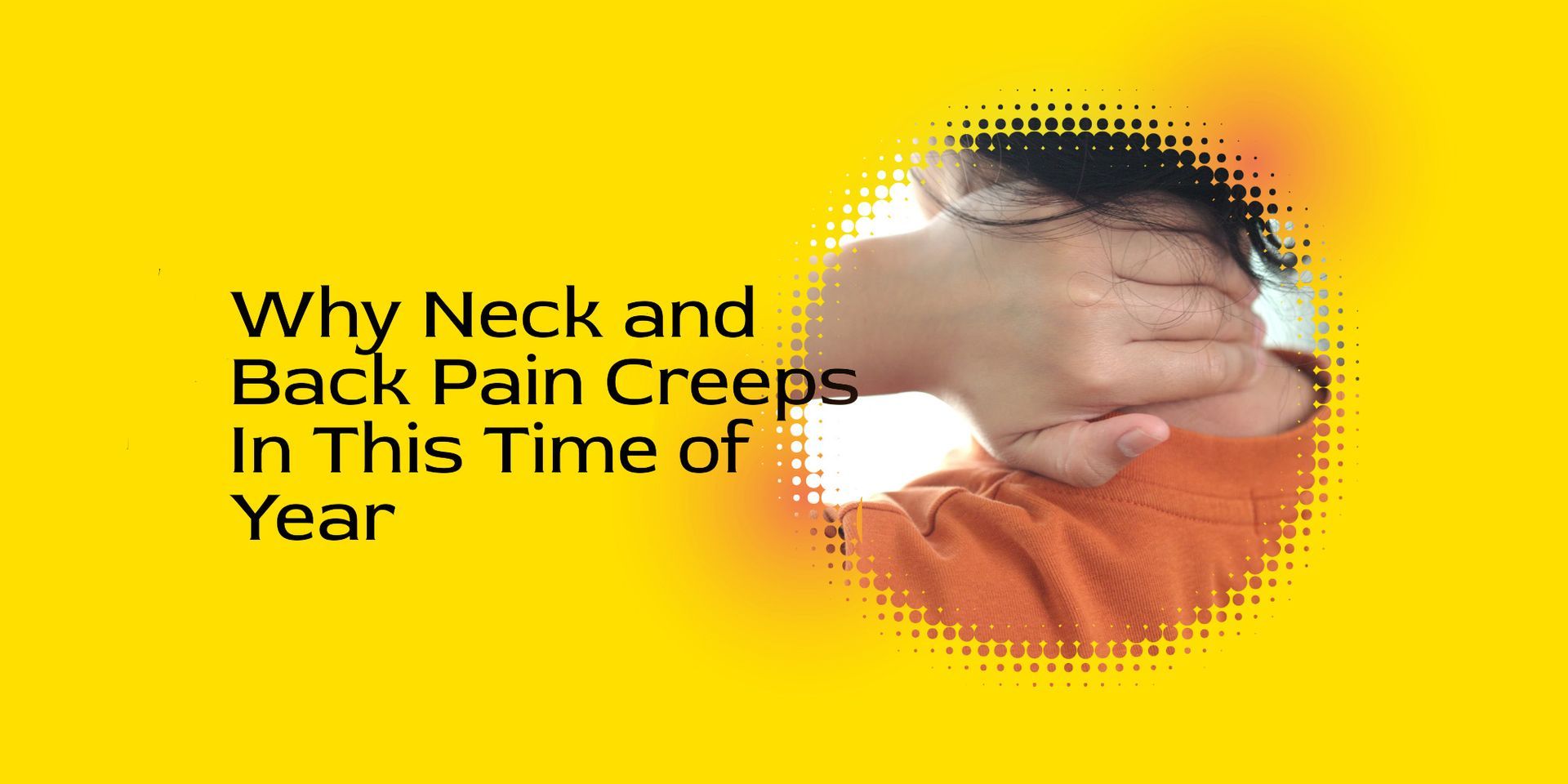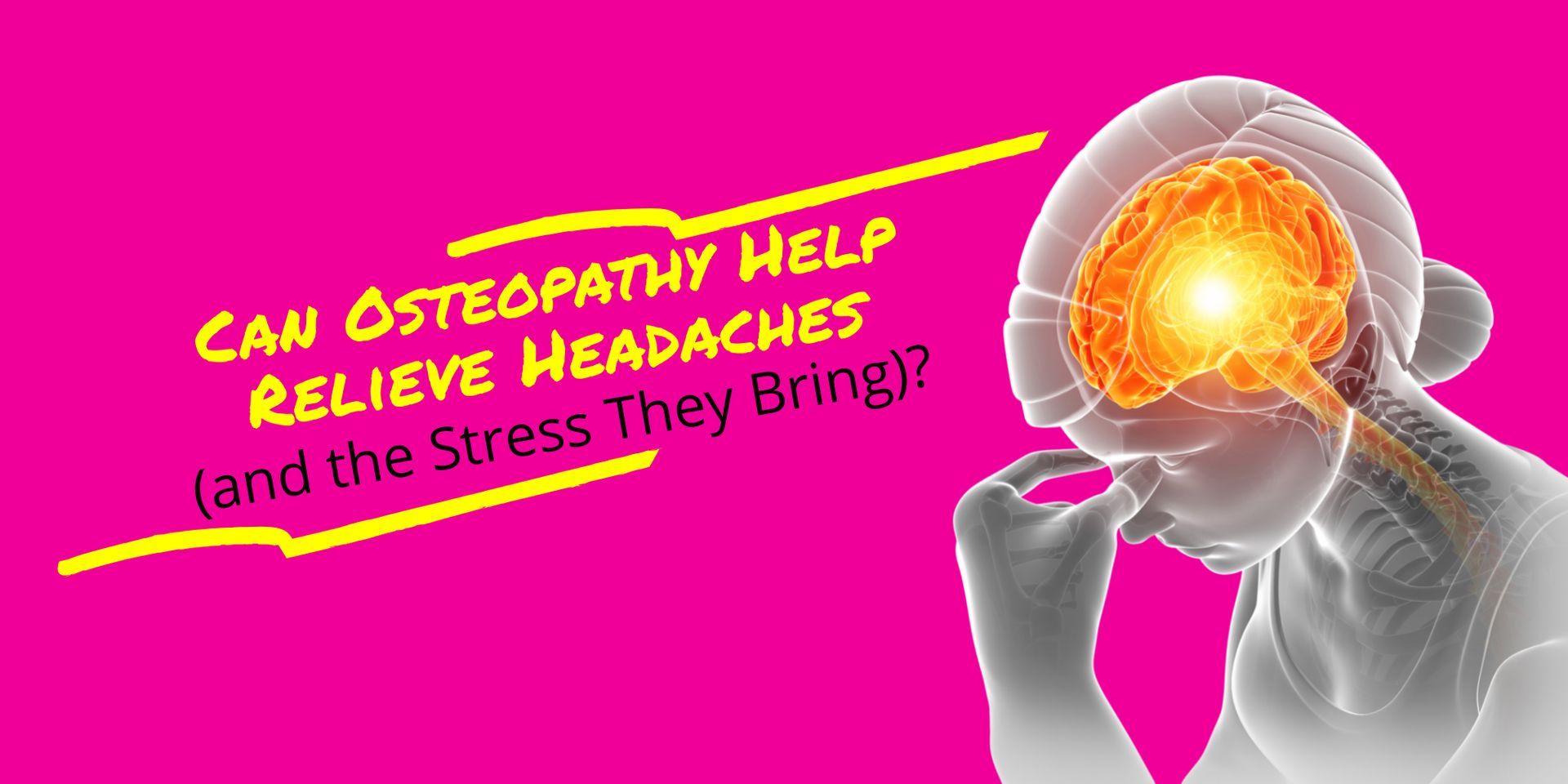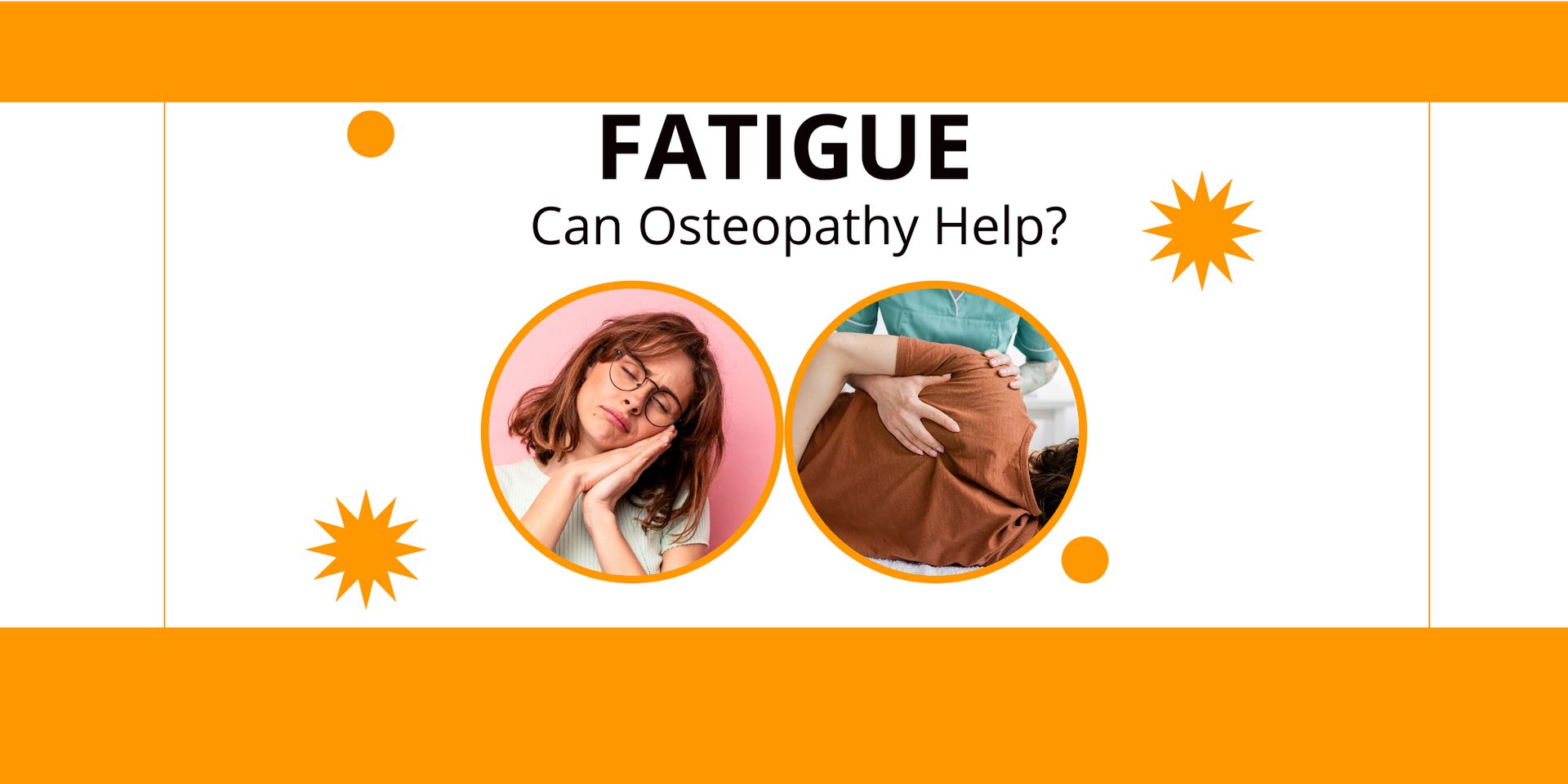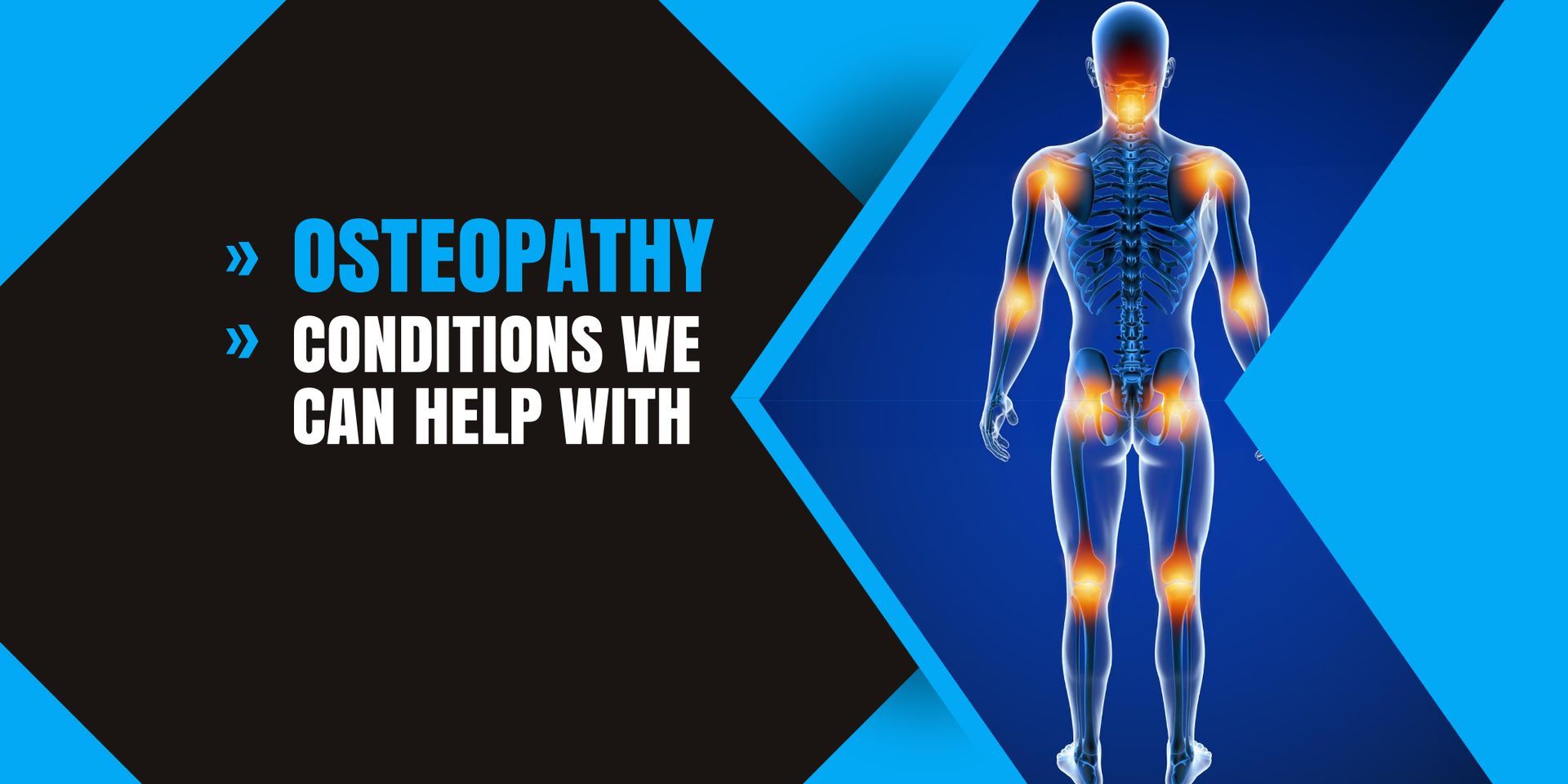Can Osteopathy Help with Menopause Symptoms?
Every woman experiences the menopause differently
The menopause is a natural stage in life, but that doesn’t mean it’s an easy one.
For many women, the transition brings a whole range of physical and emotional symptoms - everything from hot flushes and fatigue to joint pain, low mood, and poor sleep.
Understandably, this can take its toll on quality of life.
While hormone replacement therapy (HRT) is often discussed as a primary treatment, many women are also looking for supportive, non-pharmaceutical options to ease the impact of their symptoms.
Osteopathy can be one of those options.
At Parkstone Osteopaths, I often see women going through the perimenopause and menopause who are looking for a gentler way to support their bodies through change.
So let’s explore how osteopathy can help:
A Whole-Body Approach
Osteopathy is a manual therapy that focuses on how the muscles, joints, and connective tissues work together.
But it’s not just about fixing a sore back - it’s about supporting the whole body to move and function as well as possible.
During the menopause, hormonal fluctuations can lead to increased muscle tension, joint stiffness, changes in posture, and even digestive discomfort.
Add poor sleep and fatigue into the mix, and it’s no wonder the body starts to feel out of sync.
An osteopathic treatment is designed to improve mobility, ease tension, and bring balance back to the body.
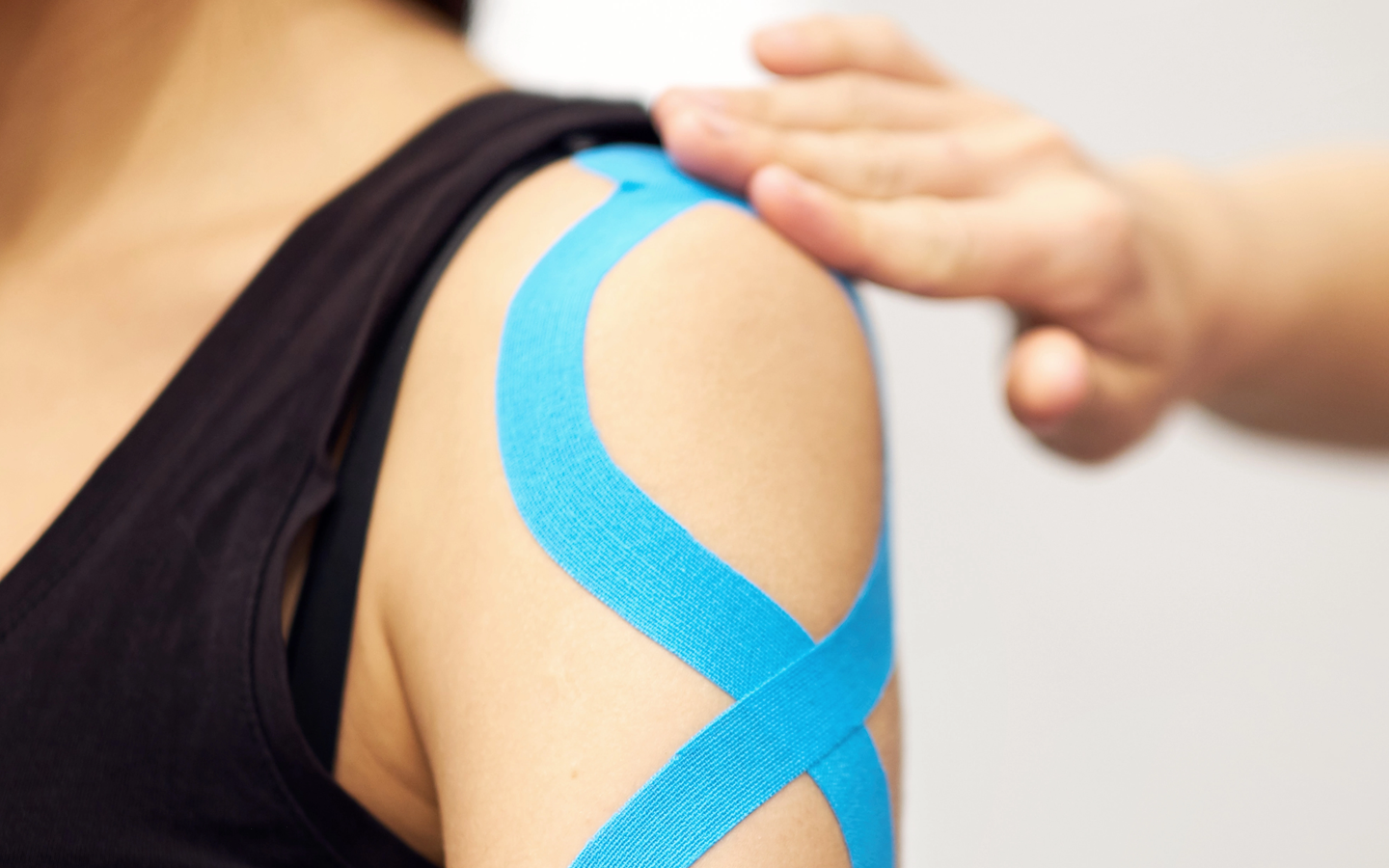
It’s gentle, and always tailored to the individual, and taken at your own pace.
Common Menopausal Symptoms Osteopathy May Help With:
- Aching joints and muscles – Hormonal changes can make joints feel much stiffer and more sensitive than usual. Osteopathic techniques can gently improve mobility and reduce discomfort.
- Lower back or neck pain – Changes in posture, stress, or muscle tightness can contribute to pain in the spine. Osteopathy aims to relieve strain and restore better alignment.
- Headaches and tension – These can be exacerbated by tight neck and shoulder muscles. Manual techniques can help release this tension and reduce frequency.
- Fatigue and poor sleep – While osteopathy isn’t a cure for insomnia, many people find that reducing physical tension and improving body mechanics can have a positive knock-on effect on sleep quality.
- Stress and anxiety – The menopause can be an emotional rollercoaster. Gentle osteopathic care can be a calming experience, and feeling physically more comfortable often helps ease the emotional load.
A Supportive Space
Every woman experiences the menopause differently.
Some sail through it; others struggle with symptoms that affect daily life.
At Parkstone Osteopaths, the focus is always on listening carefully, treating you as a whole person - not just a set of symptoms - and working together to find the best approach for your body.
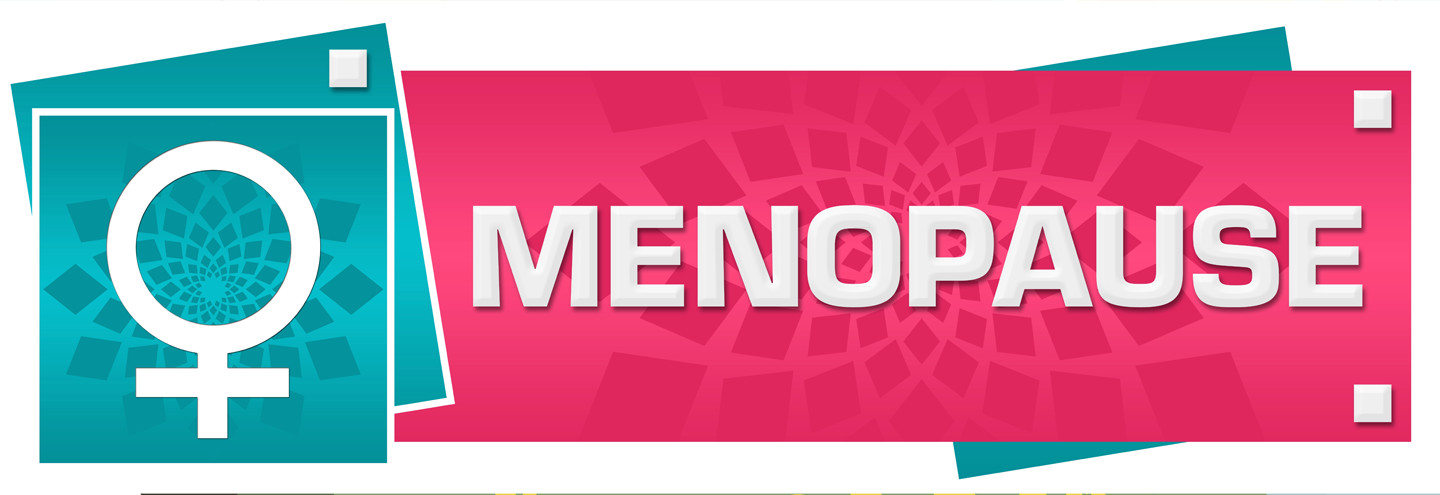
Interested in Finding Out More?
If you're going through the menopause and wondering whether osteopathy could help, I’d be happy to chat.
Whether it’s your first visit or you’ve seen an osteopath before, you’ll receive a warm welcome and personalised care at Parkstone Osteopaths.
Sometimes, just taking the time to focus on yourself - your movement, your wellbeing, your comfort - can make a big difference.


